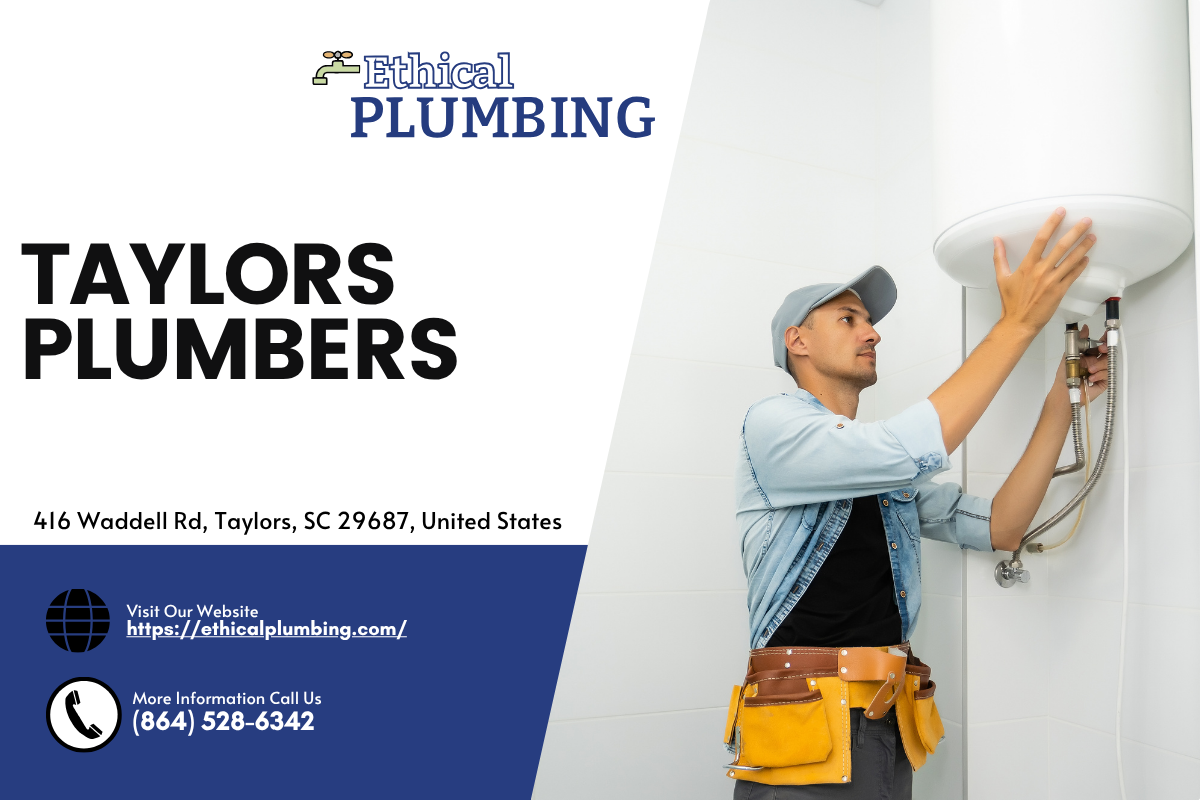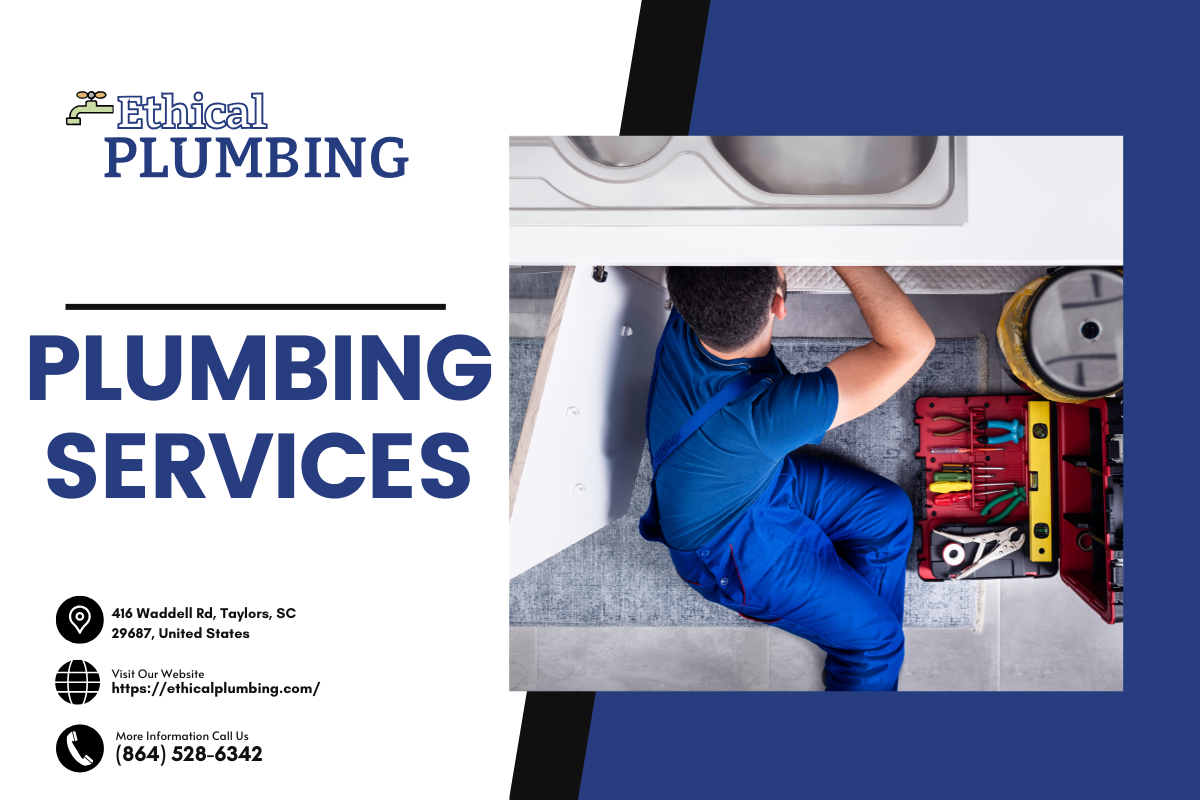


Introduction
When you're gearing up to sell your home, you might be focused on sprucing up the exterior, decluttering spaces, or making minor repairs to enhance curb appeal. But one critical area that often gets overlooked is plumbing. If you've ever found yourself wondering about the state of your home's plumbing system, you're not alone. In fact, preparing for a home inspection? Don’t forget about your plumbing! A thorough examination of this essential system can make or break a sale.
In this comprehensive article, we will delve into everything you need to know about your plumbing before a home inspection. We’ll explore common plumbing issues, how to prepare your plumbing system, and why hiring professional plumbing services Taylors is crucial as you get ready for potential buyers.
Understanding the Importance of Plumbing in Home Inspections
Why Plumbing Matters During Home Inspections
When a home inspector assesses a property, they pay close attention to the plumbing systems. Why? Because faulty plumbing can lead to significant problems down the line, affecting not only the value of the house but also its livability. Undetected leaks or outdated pipes can spell disaster for any new homeowner.
Common Plumbing Issues Found During Home Inspections
Here are some common issues that inspectors may uncover during their assessment:
- Leaking Pipes: Even minor leaks can indicate larger problems. Old or Deteriorating Pipes: Galvanized pipes often experience corrosion. Clogged Drains: Slow drainage can be a sign of a more severe blockage. Improperly Installed Fixtures: Any DIY fixes may not meet code requirements.
The Role of Professional Plumbers in Home Inspections
Engaging local plumbers before an inspection can save you time and money. They can identify potential issues and offer solutions tailored to your needs.
Preparing for a Home Inspection? Don’t Forget About Your Plumbing!
Conducting an Initial Assessment
Before diving deeper into repairs or adjustments, take some time for an initial self-assessment of your plumbing system.
Check All Faucets: Are there any leaks? Inspect Toilets: Do they flush properly without running constantly? Look Under Sinks: Is there moisture or any signs of past leaks?Essential Tools for Plumbing Assessment
Having the right tools on hand can make your self-assessment easier:
- Adjustable Wrench Plumber's Tape Screwdriver Bucket (for catching drips)
When to Call in Expert Plumbing Services
If you notice any major issues during your self-assessment—like persistent leaks or slow drains—it’s time to call in professional plumbers Taylors who specialize in diagnostics and repair.
The Cost of Ignoring Plumbing Issues
Financial Implications
Neglecting minor plumbing issues can lead to costly repairs later. For example:
| Issue | Estimated Repair Cost | |------------------------------|------------------------| | Leaky faucet | $150 - $300 | | Broken toilet | $200 - $500 | | Replacing old pipes | $1,000 - $5,000 |
Impact on Home Sale Value
A house with unresolved plumbing issues could see its market value drop significantly. Buyers are generally reluctant to invest in properties needing immediate repairs.
Preparing Your Plumbing System for Inspection
Routine Maintenance Checks
It’s advisable to perform routine checks on your plumbing systems at least twice a year:
Inspect faucets and showerheads for mineral deposits. Check toilets for silent leaks by adding food coloring to the tank. Flush out water heaters annually.The Importance of Water Pressure Testing
Testing water pressure is essential before an inspection:
- Low pressure could indicate pipe blockages. High pressure might signal risks like pipe bursts.
Consulting with a plumber near me can help ensure this is done correctly.
Common Signs That Indicate Plumbing Problems
Visible Signs
Keep an eye out for visible signs such as:
- Water stains on ceilings or walls Mold growth near piping areas Rusty spots around fixtures
Subtle Signs
Sometimes issues aren't so obvious:
- Unpleasant odors emanating from drains Gurgling sounds from toilets and sinks Fluctuating water temperatures when using hot water
Simple DIY Solutions Before Inspection Day
Fixing Minor Leaks
Here’s how you can tackle small leaks yourself:
Turn off the water supply. Dry the area around the leak. Apply plumber's tape where necessary.Clearing Clogged Drains
A quick method involves using baking soda and vinegar:
Pour half a cup of baking soda down the drain. Follow with half a cup of vinegar. Let it sit for about 30 minutes before flushing with hot water.The Role of Plumbing Inspections in Real Estate Transactions
What Inspectors Look For
Home inspectors have specific criteria they evaluate during inspections:
- Age and condition of pipes Quality of fixtures Functionality of systems
Understanding these factors prepares homeowners better for what lies ahead.
What Happens After You Hire Professional Plumbers?
Detailed Assessments
After hiring plumbers Taylors, they will conduct thorough assessments that include:
Camera inspections of pipes Water quality testing Detailed reports outlining necessary repairsRepair Estimates
A professional plumbing company will provide detailed estimates that cover both labor and materials needed https://maps.app.goo.gl/juYR1ERiaouMi5F18 for necessary repairs.
Choosing the Right Plumbing Company
What Should You Look For?
Finding reputable plumbers is essential when preparing for home inspections:
Look for licensed professionals. Read customer reviews online. Ask about warranties on services provided.FAQs About Plumbing Preparations Before Home Inspections
Q1: How often should I check my plumbing?
A: It's advisable to check your plumbing at least twice yearly; however, more frequent checks are beneficial if you live in older homes.
Q2: What's included in professional plumbing services?
A: Services typically include inspections, repairs, installations, and sometimes emergency services depending on needs.
Q3: How do I know if I need extensive repairs?
A: If you encounter multiple issues like persistent leaks or low water pressure despite maintenance efforts, consult professionals immediately.
Q4: Can I perform my own inspections?
A: Yes! Basic checks like looking under sinks or checking faucets are manageable DIY tasks that can highlight potential problems early on.
Q5: How long does it take to fix common plumbing problems?
A: It varies based on severity; minor fixes may take only an hour while extensive repairs could last several days depending on scope.
Q6: Should I disclose known plumbing issues when selling my house?
A: Yes! Transparency builds trust with potential buyers and helps avoid legal complications later on.
Conclusion
Preparing for a home inspection involves numerous considerations—none more critical than addressing your home's plumbing system thoroughly. Don't overlook this vital aspect as it plays an integral role in ensuring both buyer confidence and maximizing property value during sales transactions. So remember—preparing for a home inspection? Don’t forget about your plumbing! Engaging professional plumbing services Taylors is always advisable if you're uncertain about what needs attention or how best to approach potential issues effectively while safeguarding one of life's most significant investments—your home!